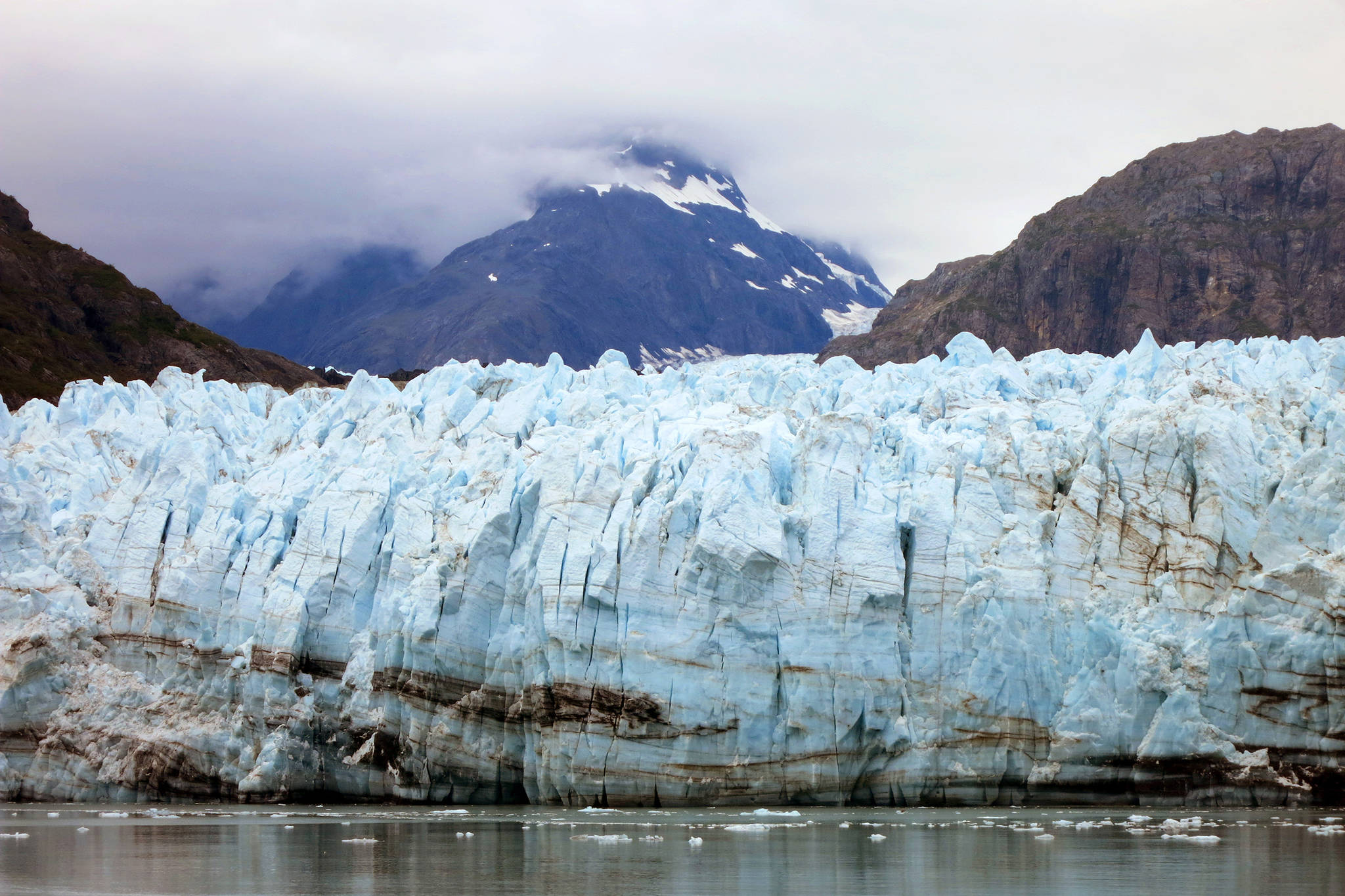By MATTHEW BROWN
Associated Press
BILLINGS, Mont. — Proposed land conservation purchases in dozens of states would preserve more natural areas within tourist destinations, U.S. officials announced Friday, as lawmakers from both parties pushed back on Trump administration restrictions on how the money can be spent.
The $125 million in congressionally authorized spending would buy up private property inside the boundaries of places including Alaska’s Glacier Bay National Park, Kentucky’s Green River National Wildlife Refuge and Florida’s Everglades region.
Details on which parks and refuges would benefit comes as some senators objected to an order last week from U.S. Interior Secretary David Bernhardt that empowered local and state officials to block the purchases.
Bernhardt’s order also limits land acquisitions to property inside the existing boundaries of parks and refuges, rather than expanding their footprint.
Notable among critics of the order is Sen. Steve Daines. The Montana Republican helped barter a bipartisan agreement that authorized the conservation fund purchases under the Great American Outdoors Act, which was signed into law in August.
Daines said in a statement that the order ran counter to “the transparency, collaboration, and partnerships that have made this critical conservation program so successful for decades.”
“This must be corrected going forward to ensure Montana voices are heard,” Daines said.
Democratic Sens. Tom Udall of New Mexico, Jon Tester of Montana and Joe Manchin of West Virginia also have raised objections. They accused the administration of using Bernhardt’s order to circumvent the intent of Congress and squandering the bipartisan goodwill created by passing the law.
“Congress, not the secretarial order, will determine the final list of projects that will receive funding,” Manchin spokeswoman Sam Runyon said.
An Interior Department official closely involved in the development of the spending plan defended Bernhardt’s order. Margaret Everson, a counselor to Bernhardt, indicated there are no plans to rescind the order.
“This idea about being a good neighbor and coordinating with state and local counterparts is a good idea,” she told The Associated Press. “That’s something that’s really important as we prioritize recreational access and opportunities for everybody.”
The provision of Bernhardt’s order to limit land purchases to properties within parks or refuges will allow the government to fulfill goals that were set when the areas were created, she added.
“Rather than adding to the federal estate, let’s take care of and fully realize what’s already in place,” Everson said.
Udall said it was a last-gasp attempt by President Donald Trump’s administration to hinder land preservation efforts. Several conservation groups also have objected.
A Tester spokesman said it was a “slap in the face” for the administration to push through the order just weeks before Trump leaves office.
Tester spokesman Roy Loewenstein said the senator would push the administration of Democratic President-elect Joe Biden to quickly strike down Bernhardt’s order.

